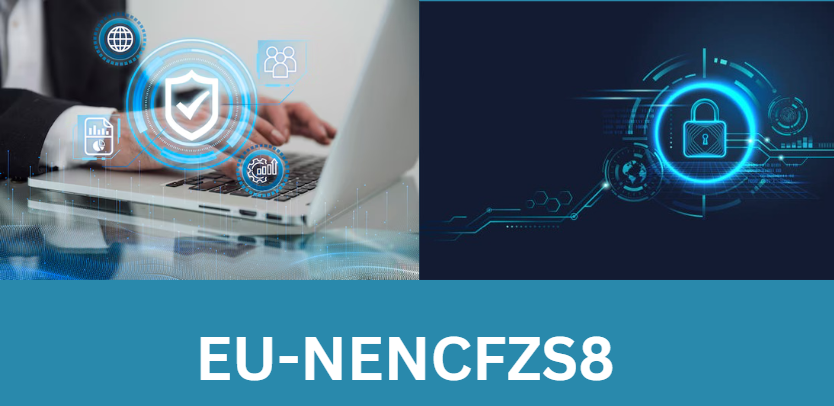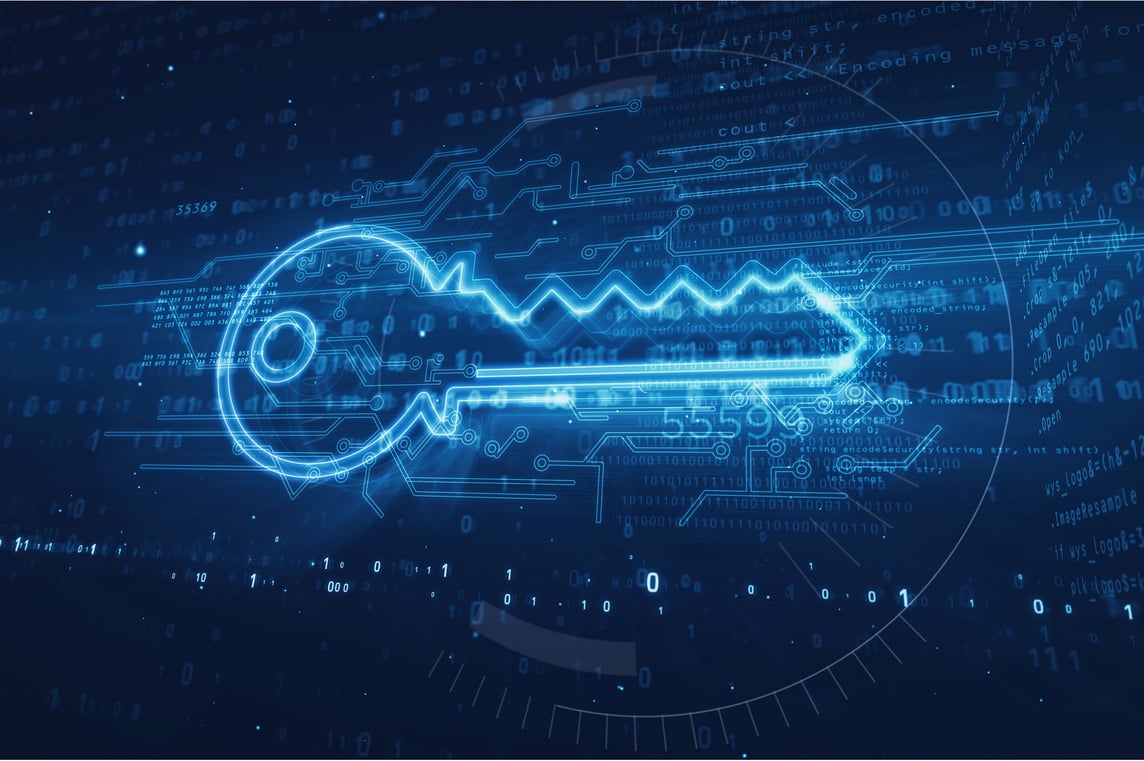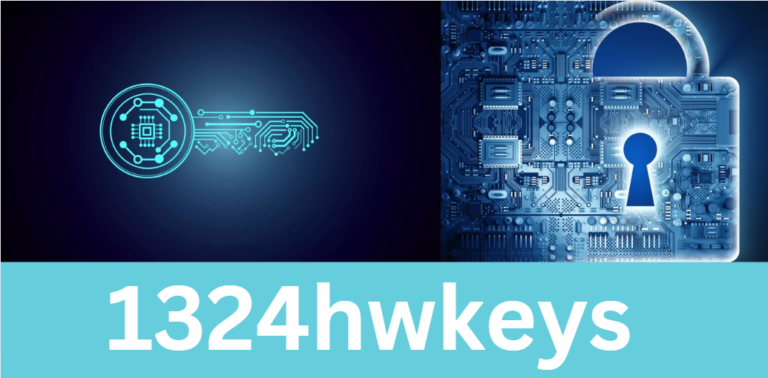
In the digital age, where data is a vital asset for businesses, data protection and data privacy have become critical concerns. The EU-NENCFZS8 framework is an essential regulatory standard introduced by the European Union to bolster data protection practices and ensure that the privacy of individuals is respected and upheld.
With the rapid advancement of digital technologies and the increasing amount of personal data being processed, the EU has taken a significant step forward with EU-NENCFZS8, setting higher standards for data protection, security, and privacy.
What is EU-NENCFZS8?

The EU-NENCFZS8 framework is a regulatory standard that enhances data protection and data privacy measures across the European Union. Building on the foundations laid by the General Data Protection Regulation (GDPR), the EU-NENCFZS8 framework aims to address modern challenges related to data security and privacy, including new types of data breaches and the increasing complexity of digital data environments.
Specifically, EU-NENCFZS8 focuses on strengthening data protection by enforcing stricter safeguards for personal and sensitive data, providing clear guidelines on how businesses should manage and process data to respect individuals’ data privacy rights, and ensuring that businesses take proactive steps to prevent data breaches and manage their consequences effectively.
For businesses operating within the EU, or those handling data related to EU citizens, compliance with EU-NENCFZS8 is not optional but an essential step in maintaining market credibility and ensuring legal compliance.
Why EU-NENCFZS8 Matters for Data Protection and Privacy
Given the constantly changing nature of the digital landscape, protection of data and data privacy laws become much more paramount. EU-NENCFZS8 plays a crucial role in ensuring that businesses remain accountable for how they handle sensitive information-most particularly because of the increasingly common threat of data breach and cyberattack.
Businesses in conforming with EU-NENCFZS8 will ensure their data and protect those rights of their customers while keeping up the legal obligations.
Among the key reasons why EU-NENCFZS8 is important to businesses across the globe is its laydown of emphasis on data security. Businesses are forced to implement stringent systems that shield data from access, cyberattacks, and data breaches.
Furthermore, EU-NENCFZS8 helps businesses by establishing a standardized approach to data protection that can be adopted globally. As organizations increasingly deal with international data flows, aligning with EU-NENCFZS8 ensures consistency in how personal data is handled, helping businesses mitigate risks and build stronger relationships with customers.
How EU-NENCFZS8 Strengthens Data Protection Compared to GDPR

The General Data Protection Regulation (GDPR) was a landmark regulation in the EU, setting the global standard for data privacy and data protection. However, with technological advancements and evolving digital threats, EU-NENCFZS8 takes data protection a step further. While GDPR focused heavily on personal data management, EU-NENCFZS8 is designed to address broader concerns such as:
Data Breach Notification: Under EU-NENCFZS8, businesses must report any data breach within 72 hours of detection. This ensures a more rapid response and mitigates risks associated with delayed notifications.
Data Recovery Plans: EU-NENCFZS8 places a greater emphasis on businesses having comprehensive data recovery plans in place. This includes regular backups and disaster recovery protocols to ensure data availability even in the event of a breach or failure.
Data Minimization: While GDPR mandates that organizations should only collect the data necessary for their purpose, EU-NENCFZS8 takes this further by requiring businesses to adopt even more stringent data minimization practices, limiting the amount of data stored and processed.
Cross-Border Data Transfers: For businesses based in the United States and other non-EU countries, EU-NENCFZS8 mandates that companies dealing with EU citizens’ data must have clear protocols and safeguards in place for transferring data across borders, ensuring privacy is not compromised.
In essence, EU-NENCFZS8 enhances GDPR’s existing principles by setting higher standards for data protection, recovery, and privacy, giving businesses a comprehensive framework to deal with emerging risks.
How EU-NENCFZS8 Affects Businesses Globally
For global businesses, especially those operating in the United States, compliance with EU-NENCFZS8 is critical for maintaining access to the European market and ensuring smooth operations across borders. Companies that fail to comply with EU-NENCFZS8 risk facing severe penalties, legal issues, and damage to their reputation. The framework significantly impacts areas such as:
Data Handling and Compliance: Businesses will have to make their procedures more tight to handle data in a secure and compliant manner when it comes to personal and sensitive information. This also covers the securing of appropriate consent from a person whose personal or sensitive data will be collected or processed.
Data Breach Management: Any organisation dealing with private information should have a whole response plan in place in case of such data breaches. According to the EU-NENCFZS8, businesses should notify breaches in a timely manner and give affected individuals clear information on the breach.
Data Recovery and Backup: The better data recovery systems organizations must develop in order to take back data quickly in cases like breaches or system failure, cyberattack, etc. Points of Importance for This Process: These include backups, disaster recovery plans, and cloud-based storage solutions.
The International Transfer of Data: Under the EU-NENCFZS8, businesses in the United States are required to ensure the protection of any data transfers relating to EU citizens to third party countries under the requisite privacy standards. Sometimes, this can be through the stipulation of data protection agreements, such as whether the receiving country ensures an adequate level of protection of the data.
Compliance with EU-NENCFZS8 is not just a legal obligation; it’s an opportunity to demonstrate your commitment to data protection and data privacy, fostering trust with customers and partners alike.
Preparing Your Business for EU-NENCFZS8 Compliance

To ensure compliance with EU-NENCFZS8, businesses must take several proactive steps. First, start by reviewing your existing data protection policies and practices. Identify any gaps in compliance and implement the necessary changes to meet the higher standards set by EU-NENCFZS8.
Then, concentrate on developing your readiness in breach response practice. Identify and build a sufficient response plan so that you can identify, notify and respond to the breach within the prescribed 72 hours.
Additionally, ensure you have an explicit plan regarding data recovery, which is compliant with regular back-ups and a sound tested recovery process. It is the same as what will help assure the restoration of data as fast as possible when breach or disaster occurs.
Train your staff on data protection best practices, privacy rights, and safely handling sensitive information. This way, your people will always have the most up-to-date compliance knowledge.
Lastly, ensure to consult lawyers and compliance advisors who can help guide you through this particular regulation of EU data. They can help you navigate the complexities of EU-NENCFZS8 and ensure that your organization meets all regulatory requirements.
FAQs About EU-NENCFZS8
Q1: Is EU-NENCFZS8 mandatory for businesses outside the EU?
Yes, businesses outside the EU—particularly those in the United States—must comply with EU-NENCFZS8 if they handle data from EU citizens or engage in trade with EU markets.
Q2: How does EU-NENCFZS8 improve data recovery compared to GDPR?
EU-NENCFZS8 places a greater emphasis on proactive data recovery measures, requiring companies to implement detailed recovery plans and regular backups to ensure data can be restored promptly in the event of a breach or system failure.
Q3: What penalties exist for non-compliance with EU-NENCFZS8?
Non-compliance can result in significant fines, legal actions, and loss of business credibility, especially for companies that fail to report breaches or meet data protection standards.
Q4: How can US companies ensure compliance with EU-NENCFZS8?
US companies must ensure that their data protection and data recovery practices align with EU regulations. This includes reviewing their data handling procedures, implementing effective breach protocols, and establishing safeguards for cross-border data transfers.
Conclusion: Navigating the Future of Data Protection and Privacy
This implies that with data being as valued an asset as it has become today, people need to more stringently protect and respect privacy about data. EU-NENCFZS8 framework has come as the biggest innovation in data regulation. It marks a new standard of business which should undertake to handle personal data more seriously.
In the United States, and even for others across the world, adaptation to this framework by EU-NENCFZS8 has also become indispensable to remain compliant, secure sensitive information, and to protect the privacy of persons.
Best practices and proactive effort to be compliant with EU-NENCFZS8 will help businesses mitigate risk but also instill trust in their customers, strengthen their reputation, and help them keep up with increasingly data-driven competition.






